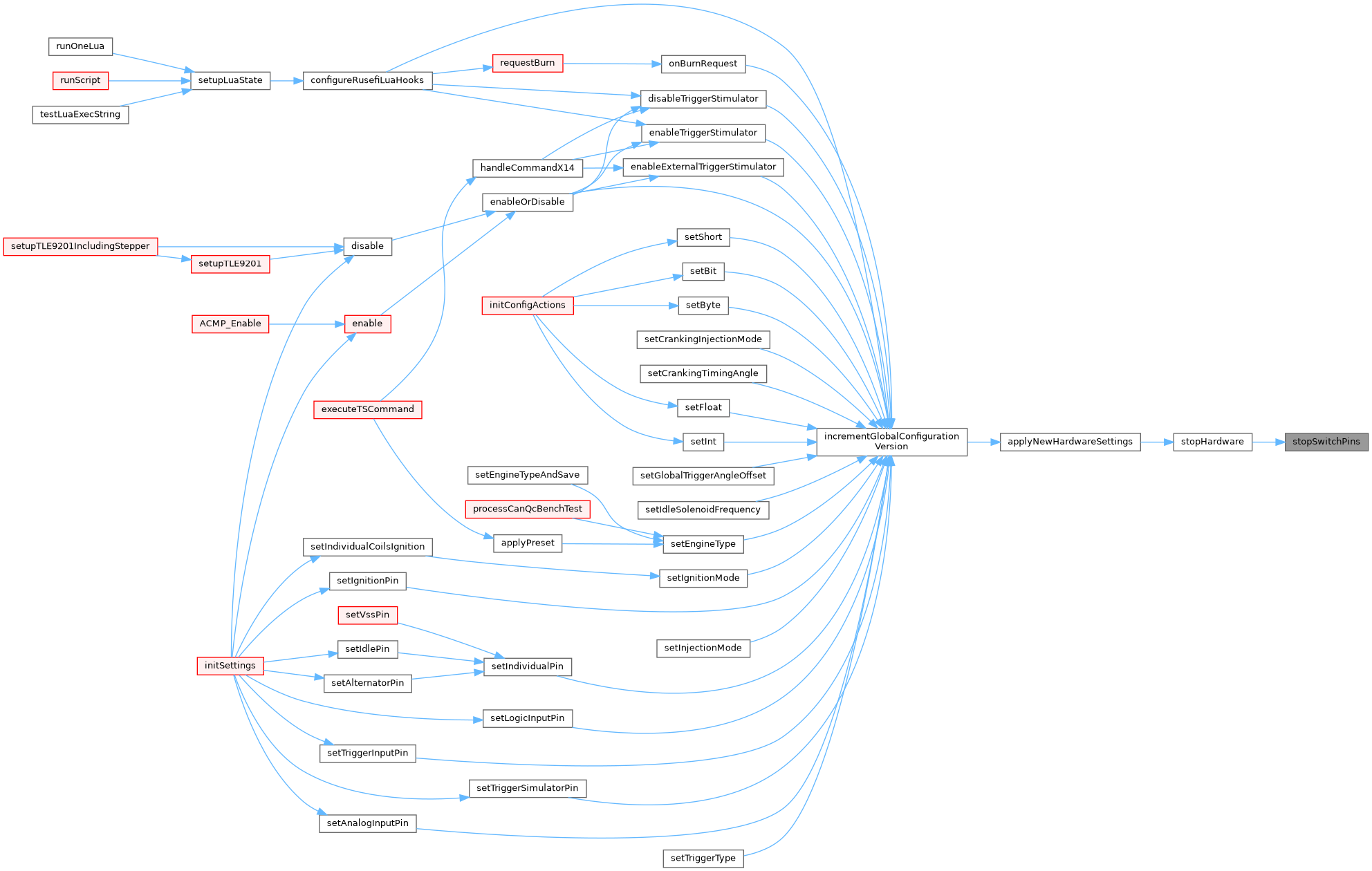Functions | |
| void | setManualIdleValvePosition (int positionPercent) |
| static void | startInputPinIfValid (const char *msg, brain_pin_e pin, pin_input_mode_e mode) |
| percent_t | getIdlePosition () |
| void | startSwitchPins () |
| void | stopSwitchPins () |
| static void | applyPidSettings () |
| void | setTargetIdleRpm (int value) |
| void | startIdleBench (void) |
| void | setDefaultIdleParameters () |
| void | startIdleThread () |
Function Documentation
◆ applyPidSettings()
|
static |
Definition at line 84 of file idle_thread_io.cpp.
Referenced by startIdleThread().


◆ getIdlePosition()
| percent_t getIdlePosition | ( | ) |
Definition at line 47 of file idle_thread_io.cpp.
Referenced by IdleController::onFastCallback().


◆ setDefaultIdleParameters()
| void setDefaultIdleParameters | ( | ) |
Definition at line 106 of file idle_thread_io.cpp.
Referenced by setDefaultEngineConfiguration().

◆ setManualIdleValvePosition()
| void setManualIdleValvePosition | ( | int | positionPercent | ) |
Definition at line 31 of file idle_thread_io.cpp.

◆ setTargetIdleRpm()
| void setTargetIdleRpm | ( | int | value | ) |
Definition at line 89 of file idle_thread_io.cpp.

◆ startIdleBench()
| void startIdleBench | ( | void | ) |
Idle test would activate the solenoid for three seconds
Definition at line 97 of file idle_thread_io.cpp.
Referenced by handleBenchCategory(), and startIdleThread().


◆ startIdleThread()
| void startIdleThread | ( | ) |
Definition at line 130 of file idle_thread_io.cpp.
Referenced by commonInitEngineController().
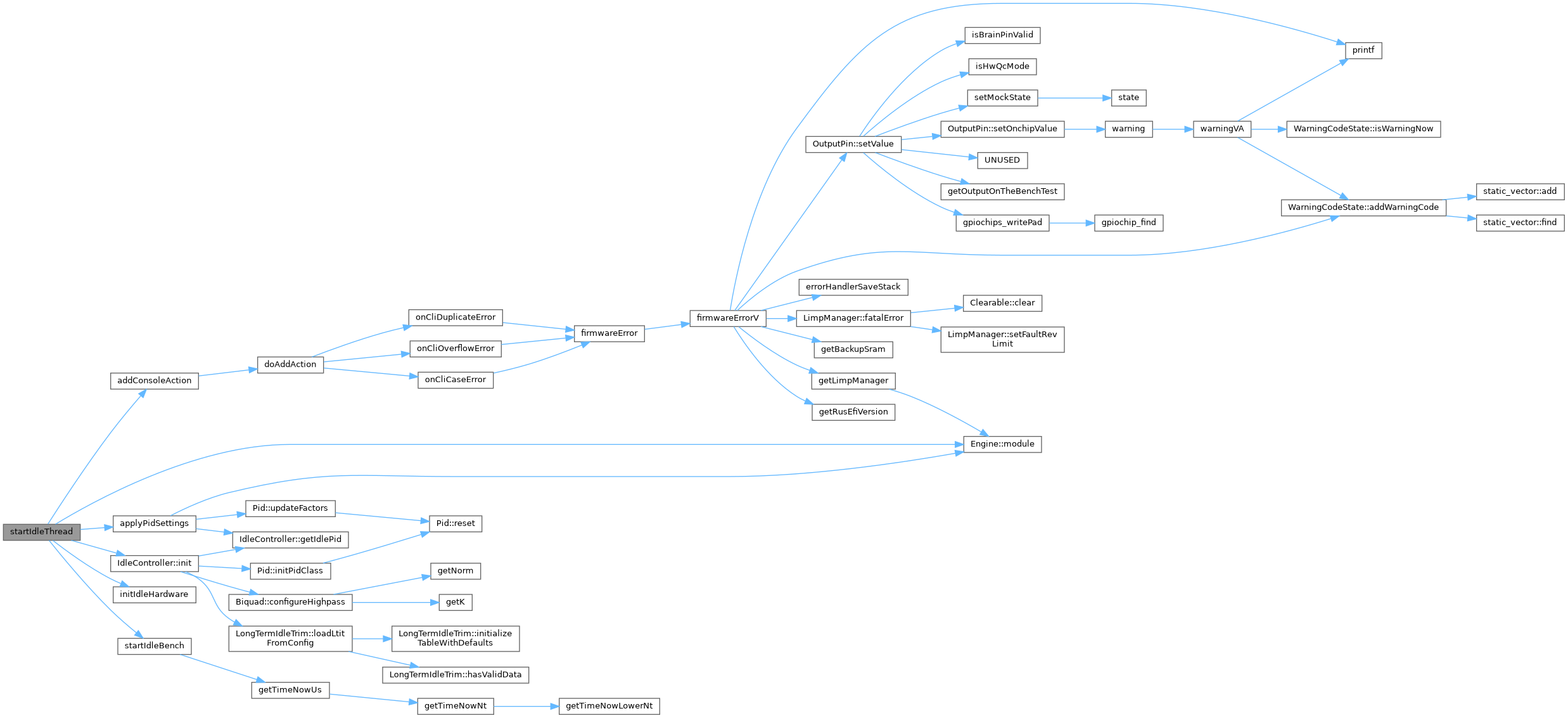

◆ startInputPinIfValid()
|
static |
Definition at line 42 of file idle_thread_io.cpp.
Referenced by startSwitchPins().
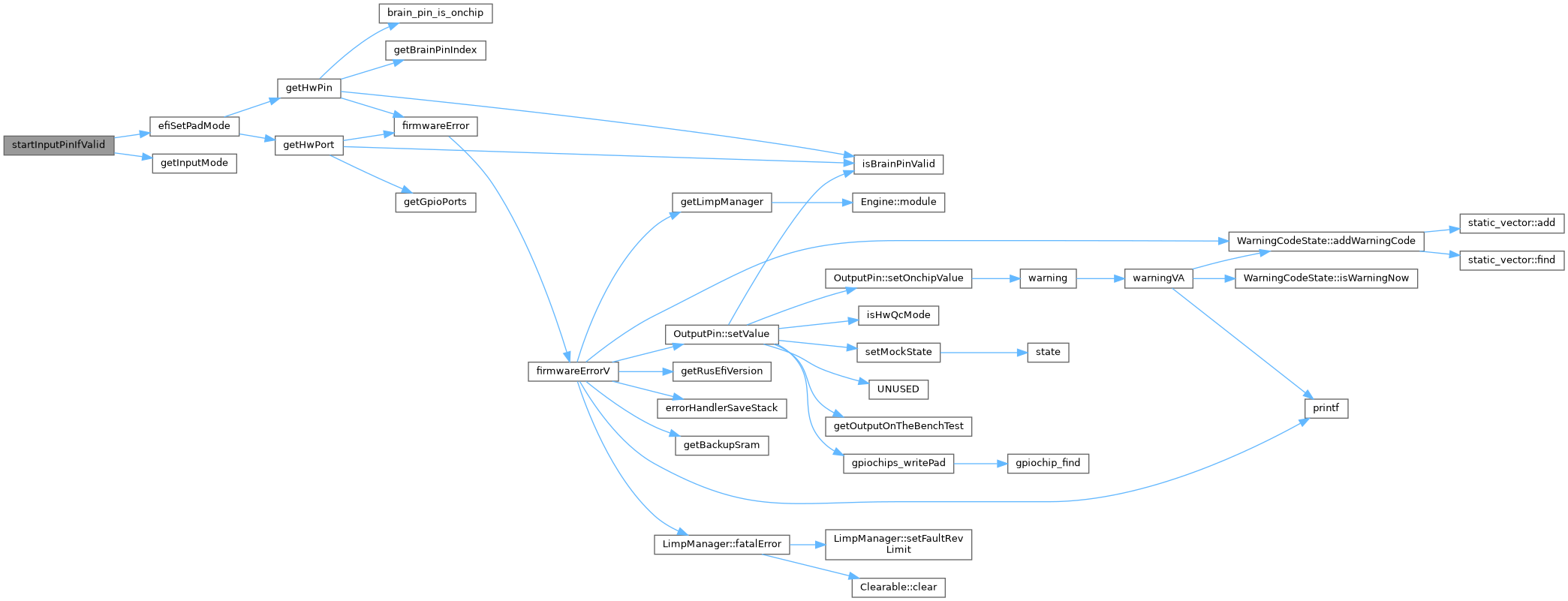
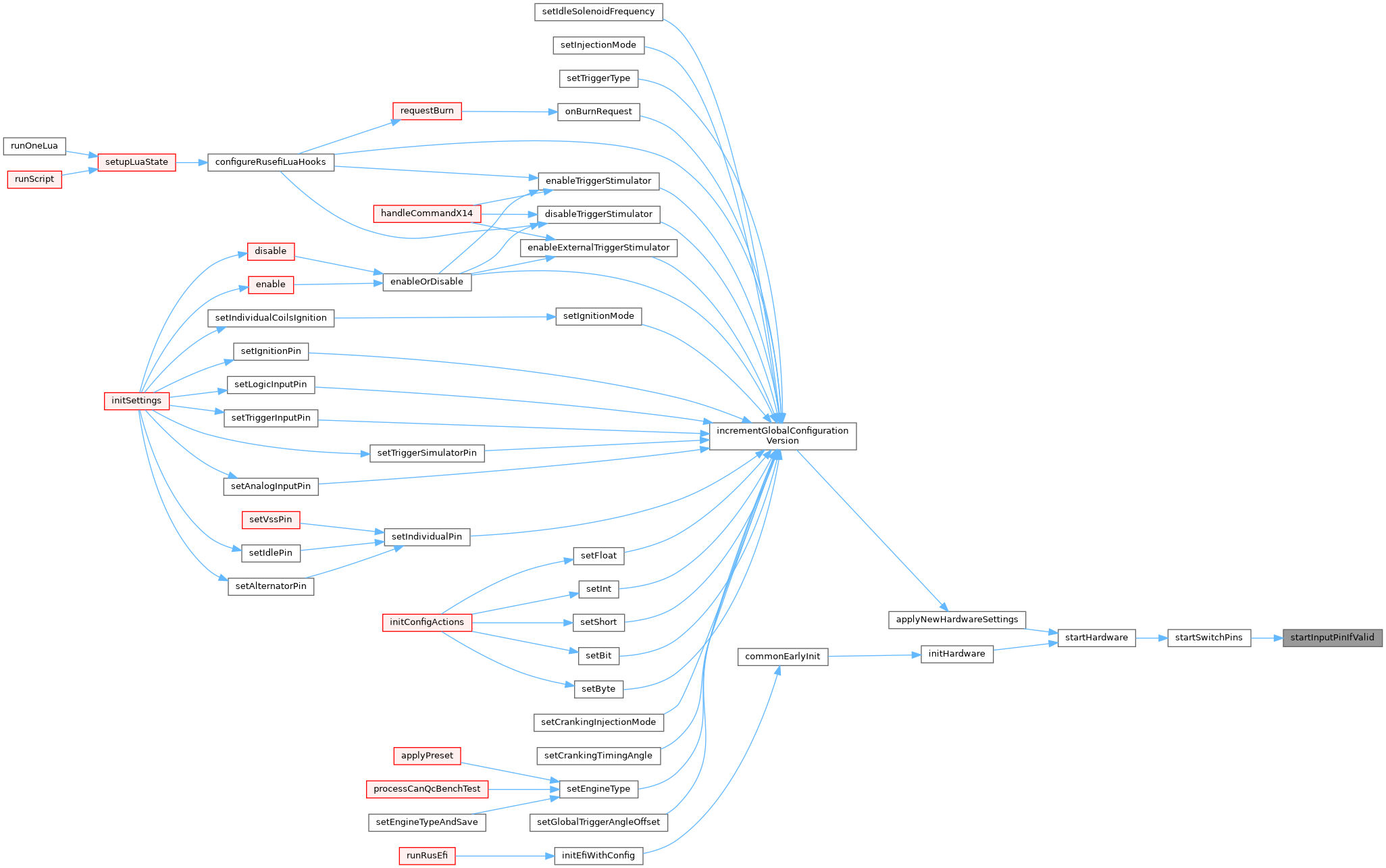
◆ startSwitchPins()
| void startSwitchPins | ( | ) |
Definition at line 55 of file idle_thread_io.cpp.
Referenced by startHardware().
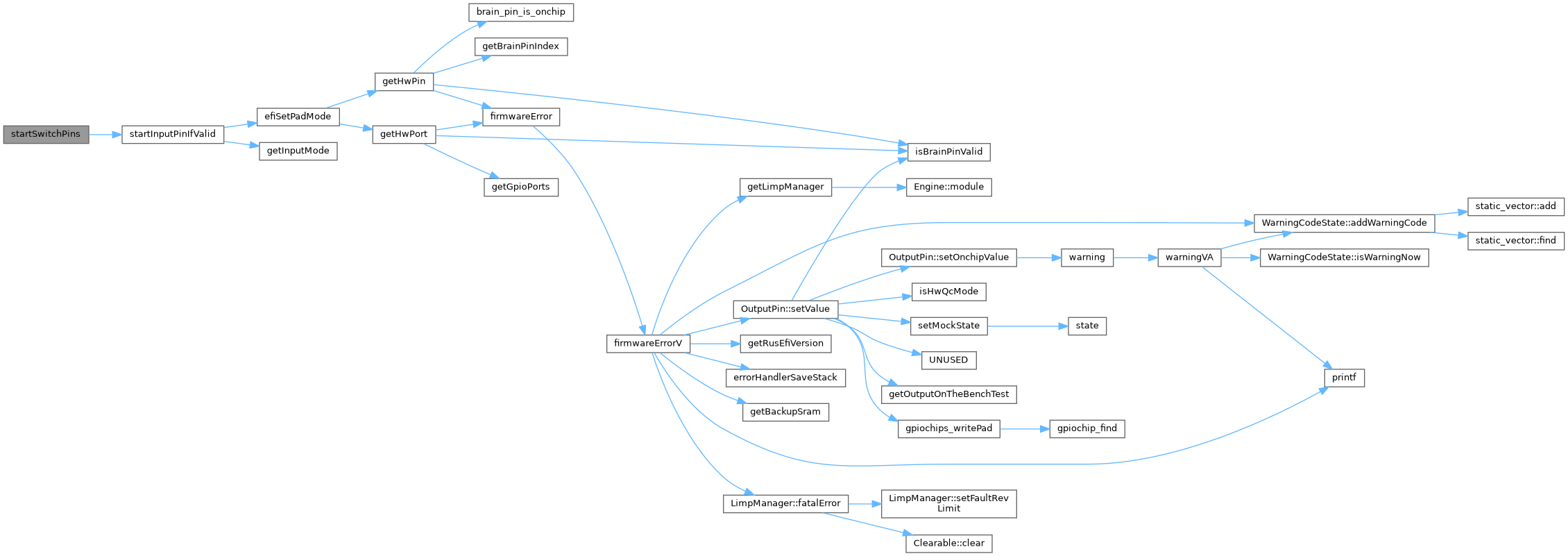
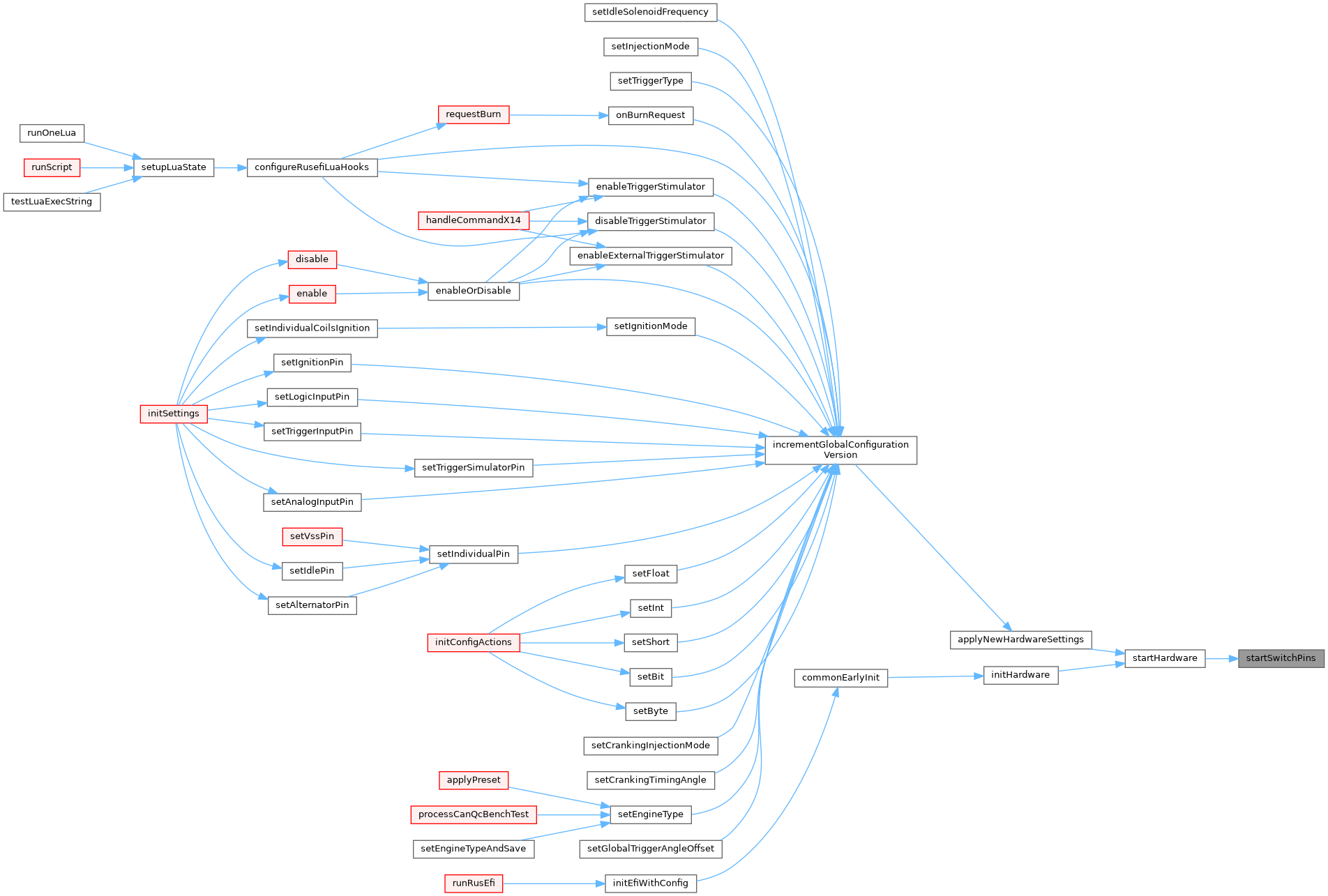
◆ stopSwitchPins()
| void stopSwitchPins | ( | ) |
Definition at line 72 of file idle_thread_io.cpp.
Referenced by stopHardware().

